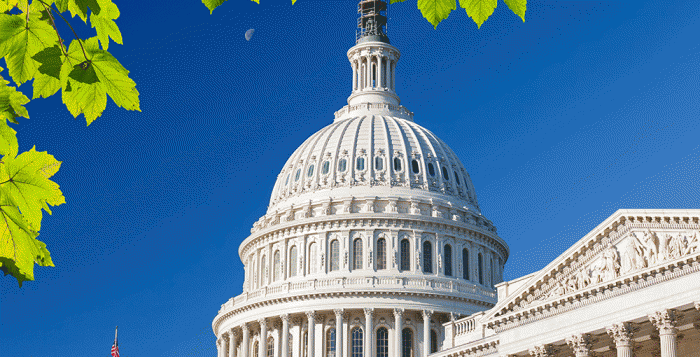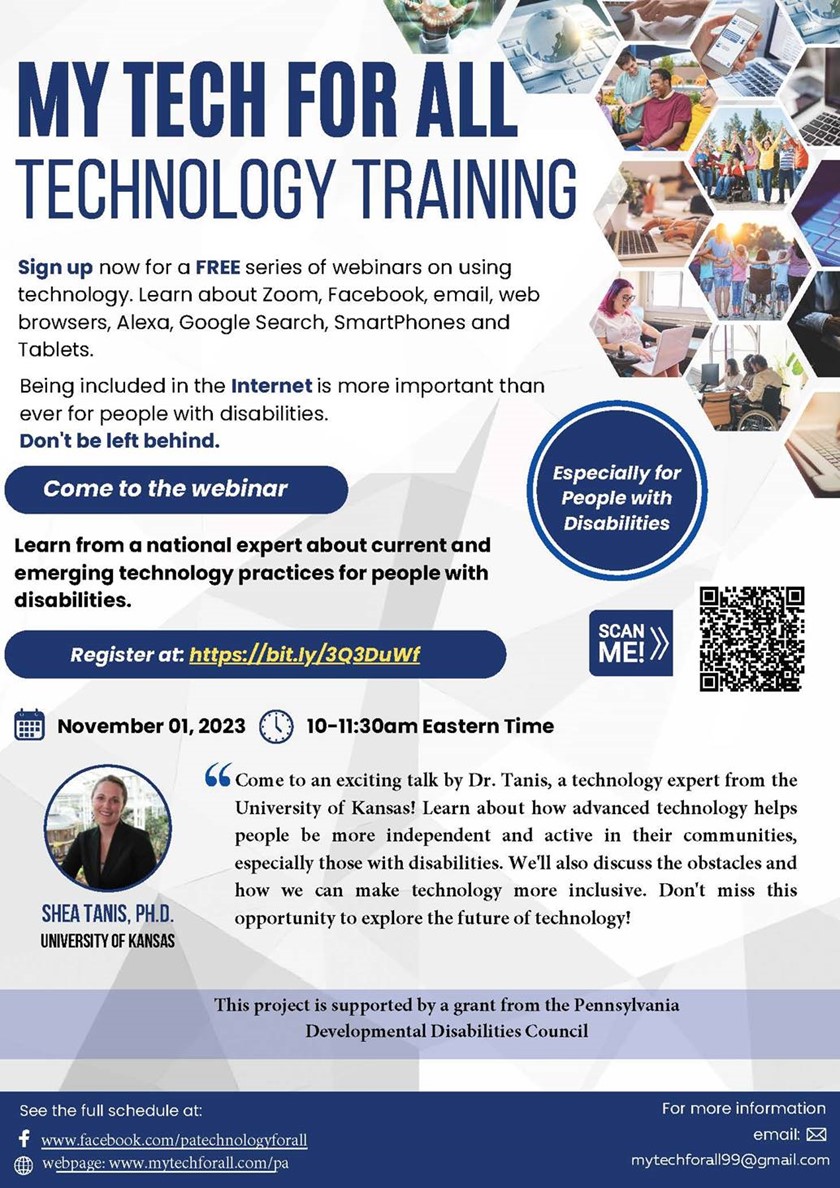Disaster Relief Medicaid Act (DRMA) Introduced in Congress
The goal of DRMA is to ensure access to Medicaid/CHIP assistance for survivors of major disasters and public health emergencies who have to evacuate across state lines.
Along Senator Casey (PA) Co-Sponsors in the Senate are: Blumenthal (CT), Welch (VT), Van Hollen (MD), Gillibrand (NY), Warren (MA), Brown (OH), Sanders (VT), Fetterman (PA), Schatz (HI), and Duckworth (IL).
Along Congressman Panetta (CA) and Takano (CA), Co-Sponsors in the House are: Tokuda (HI), Crockett (TX), Blunt Rochester (DE), Holmes Norton (DC), Soto (FL), and Moore (WI).
Read the one-pager on DRMA here.
You can join the hundreds of organizational and individual endorsers.
More than 90 million people nationwide benefit from Medicaid and CHIP, and they’re at risk of losing it when the next disaster strikes! Contact your representatives and ask them to support the Disaster Relief Medicaid Act.



















